Digesting the ‘Dirty Dozen’ Produce List in a World of Coronavirus
Without a doubt, the annual release of the “Shoppers Guide to Pesticides in Produce” report from the Environmental Working Group (EWG) makes big waves in mainstream media. How could it not, highlighting what it calls the “Dirty Dozen” – a rundown of fruits and vegetables reported to contain the highest amount of pesticide residues? Swift and sensible responses from major players in the produce industry are part of the yearly narrative. 2020 is different though, thanks to coronavirus (COVID-19).
-
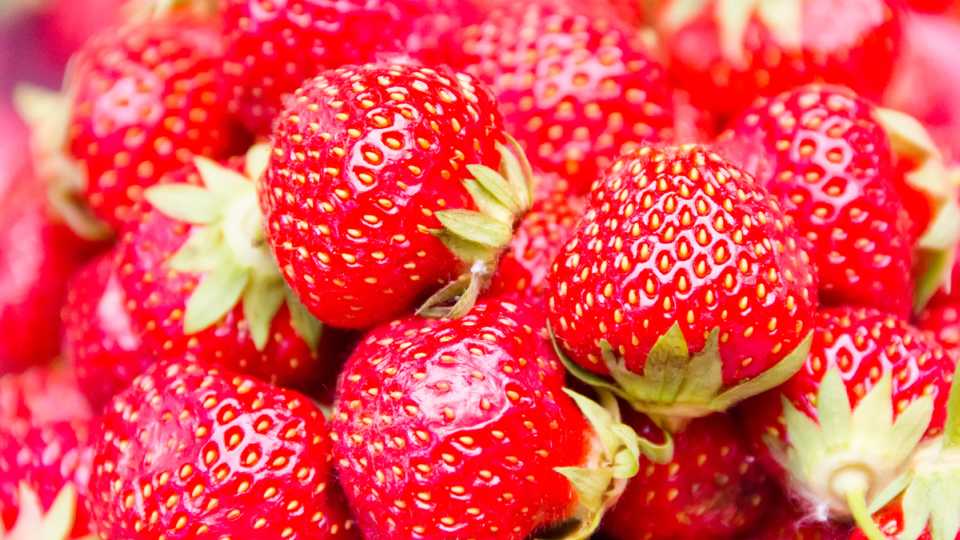
-
1 of 27
1. Strawberries (Dirty)

Strawberries once again tops the Environmental Working Group's "Dirty Dozen" list.
-
2 of 27
1. Avocado (Clean)
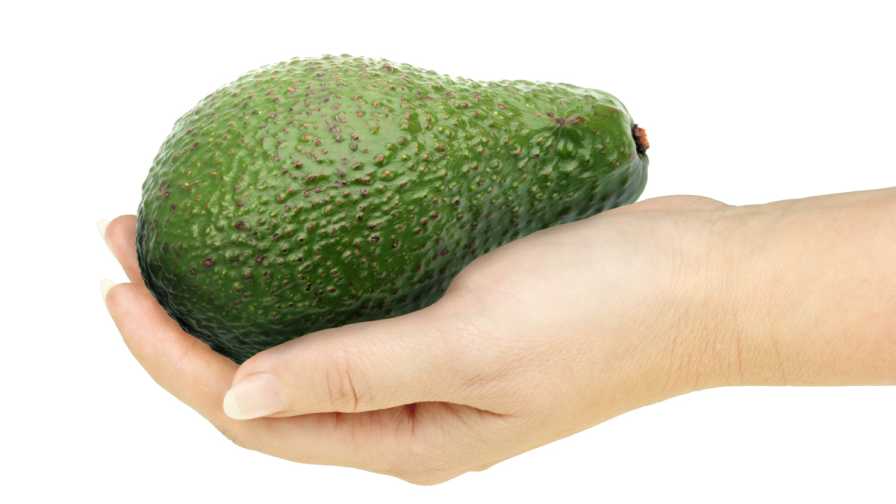
-
3 of 27
2. Spinach (Dirty)
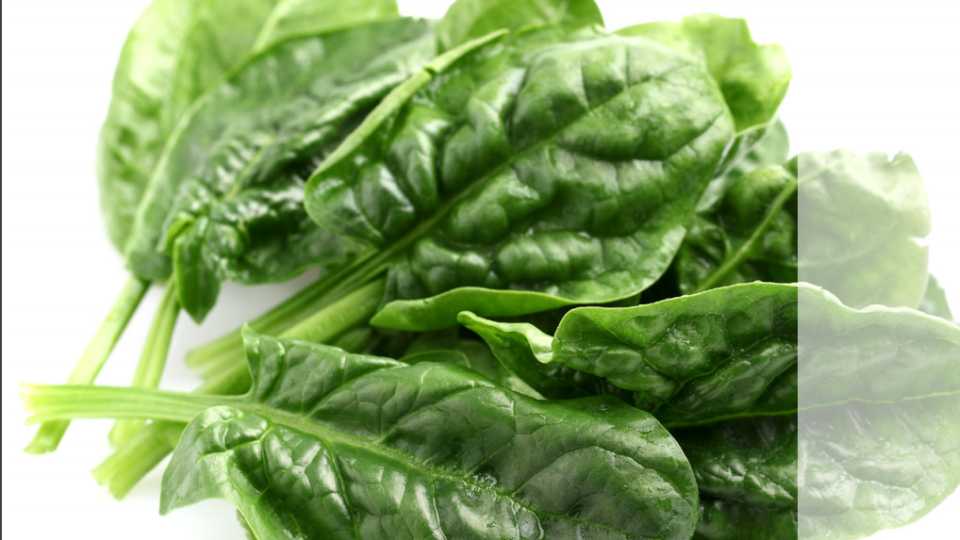
2019 "Dirty Dozen" ranking: #2
-
4 of 27
2. Sweet Corn (Clean)
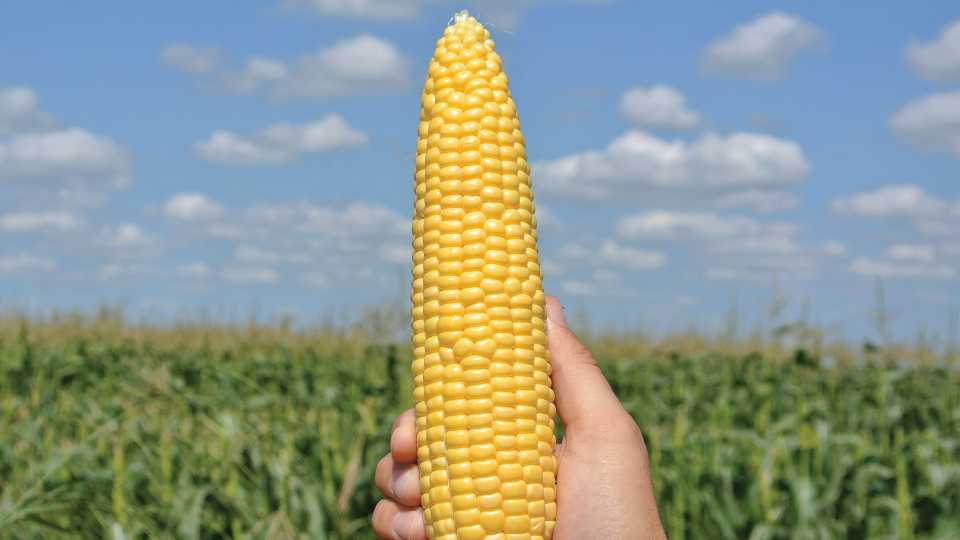
-
5 of 27
3. Kale (Dirty)
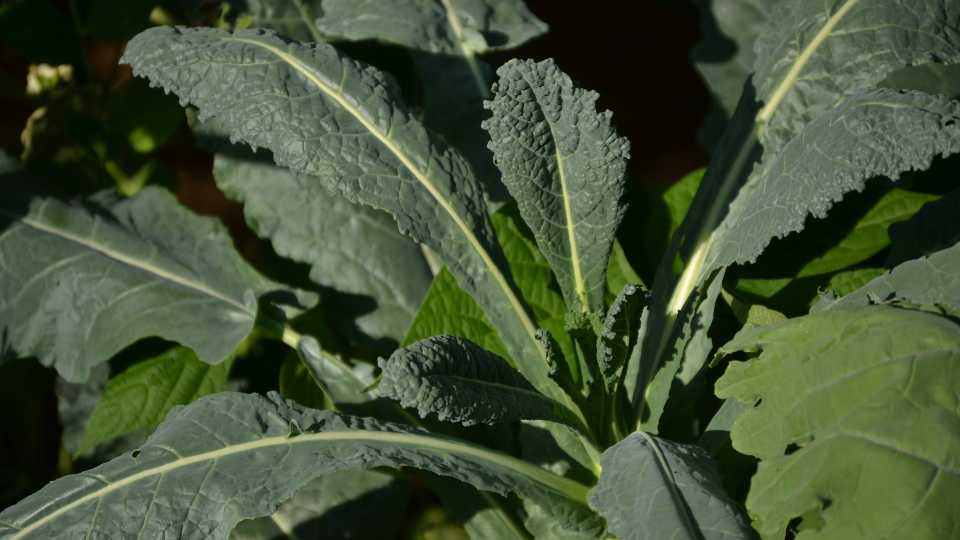
2019 "Dirty Dozen" ranking: #3
-
6 of 27
3. Pineapple (Clean)
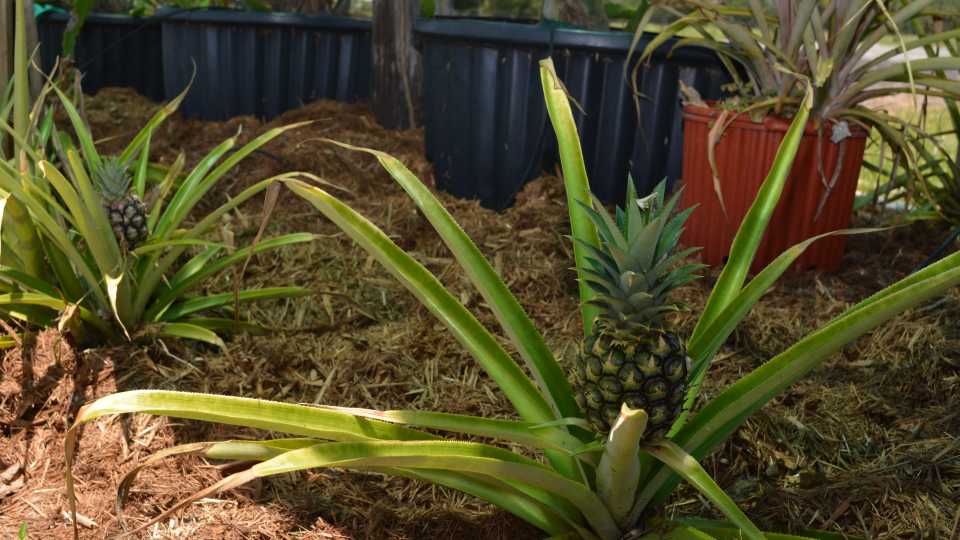
-
7 of 27
4. Nectarines (Dirty)
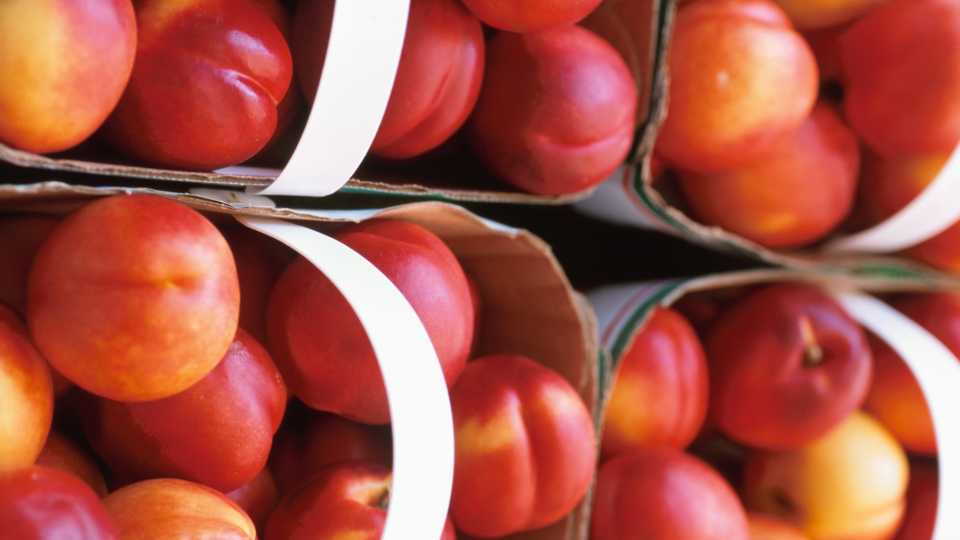
2019 "Dirty Dozen" ranking: #4
-
8 of 27
4. Onions (Clean)
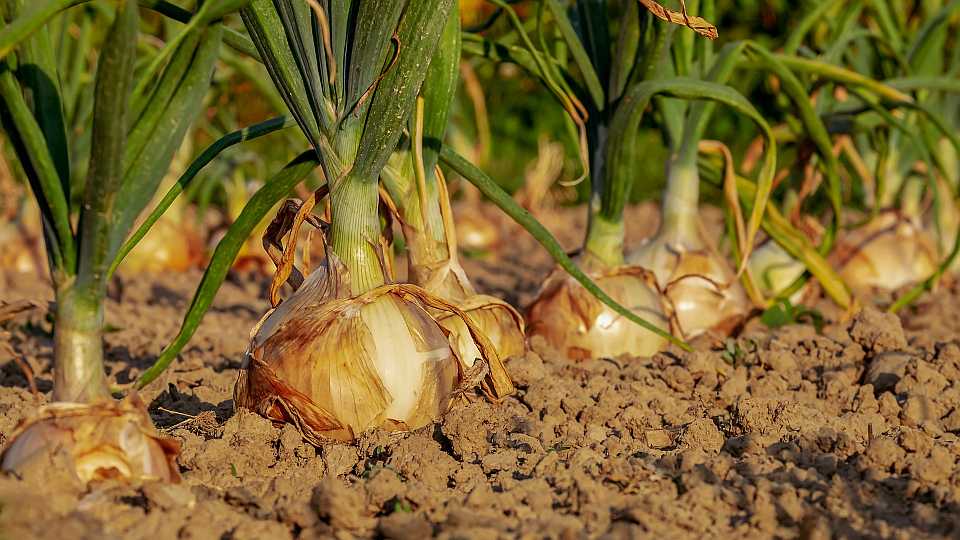
-
9 of 27
5. Apples (Dirty)
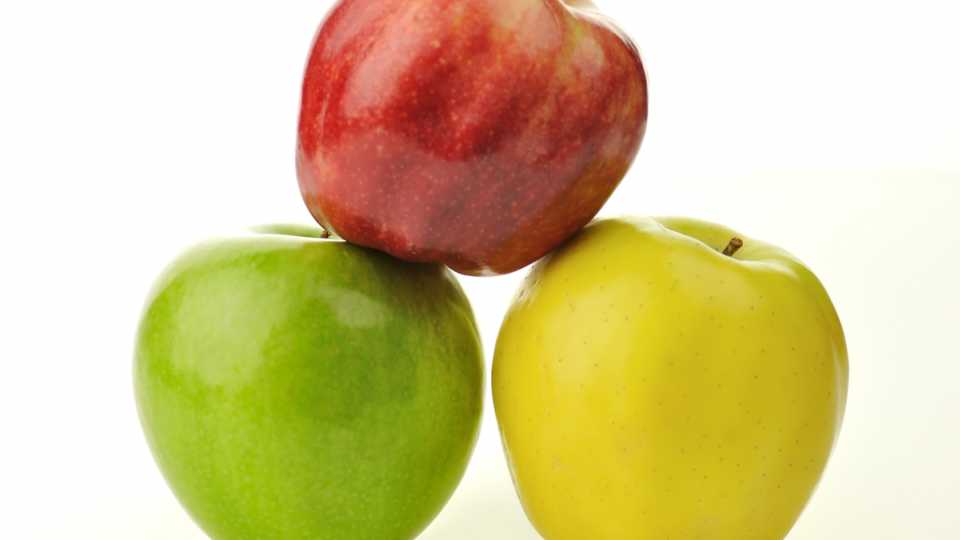
2019 "Dirty Dozen" ranking: #5
-
10 of 27
5. Papaya (Clean)
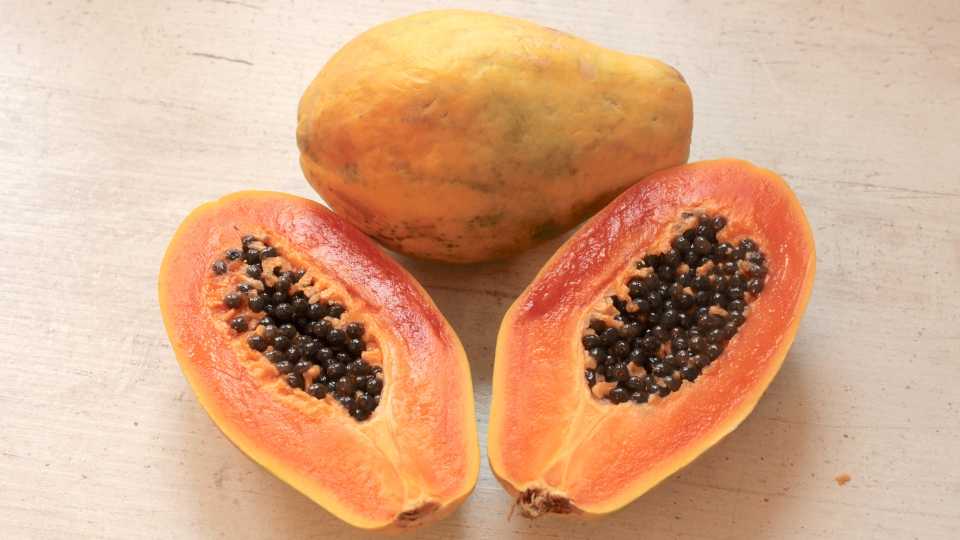
-
11 of 27
6. Grapes (Dirty)
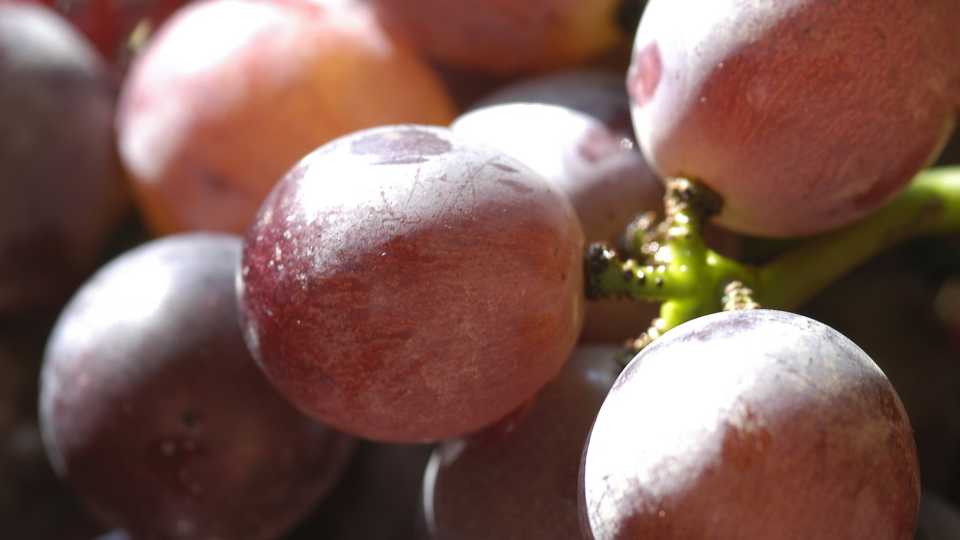
2019 "Dirty Dozen" ranking: #6
-
12 of 27
6. Sweet Frozen Peas (Clean)
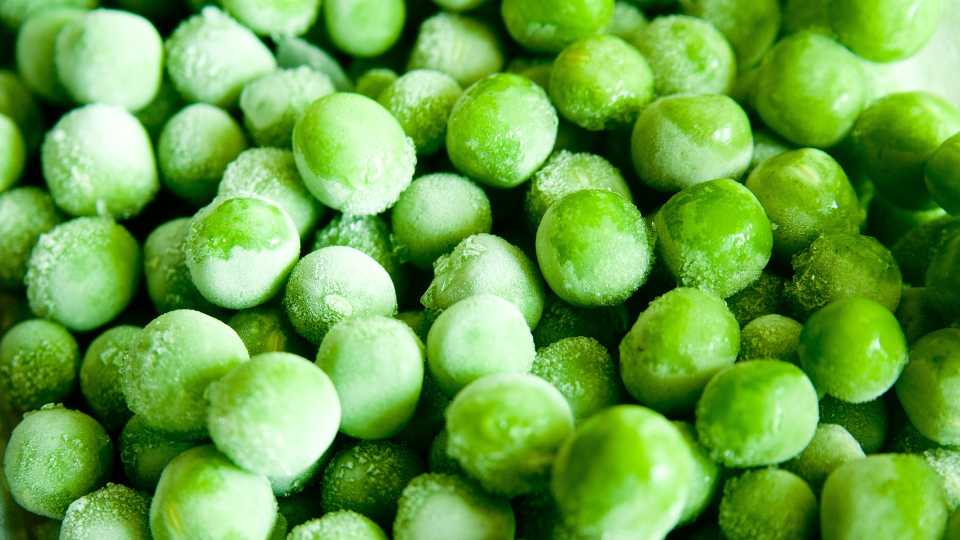
-
13 of 27
7. Peaches (Dirty)
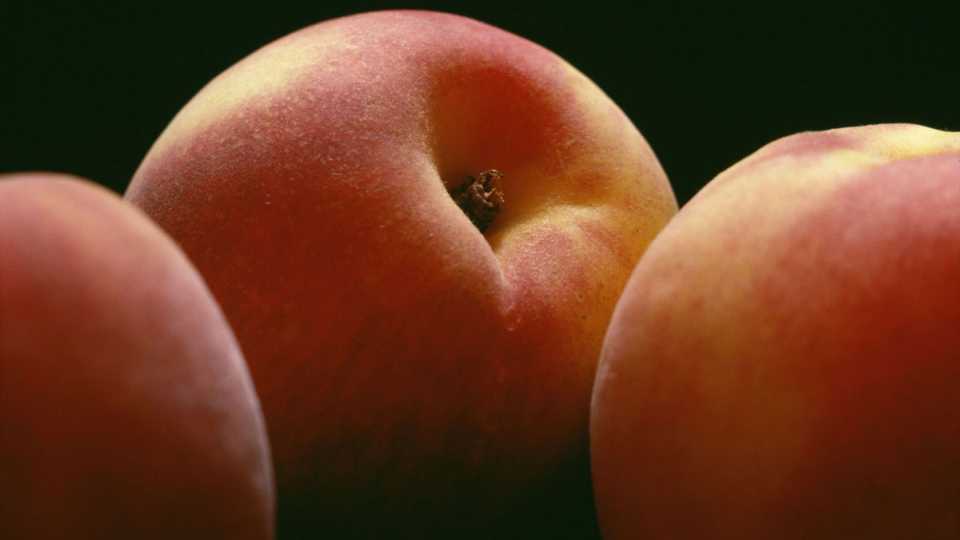
2019 "Dirty Dozen" ranking: #7
-
14 of 27
7. Eggplant (Clean)
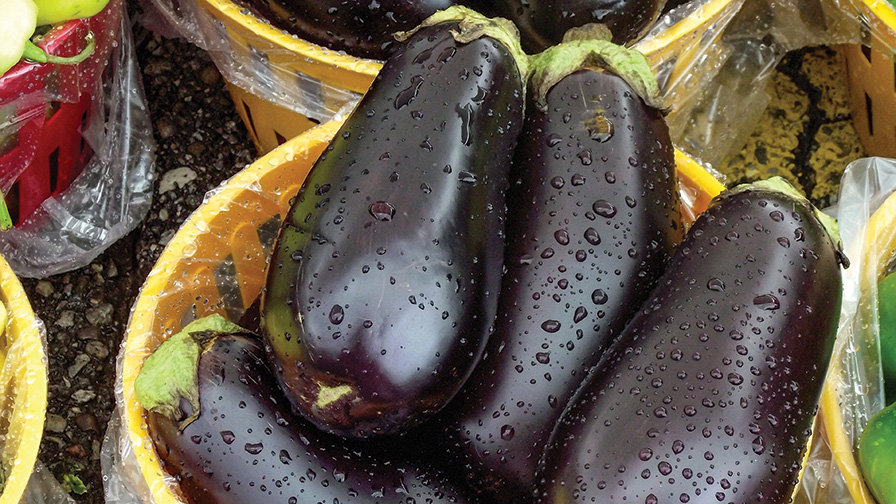
-
15 of 27
8. Cherries (Dirty)
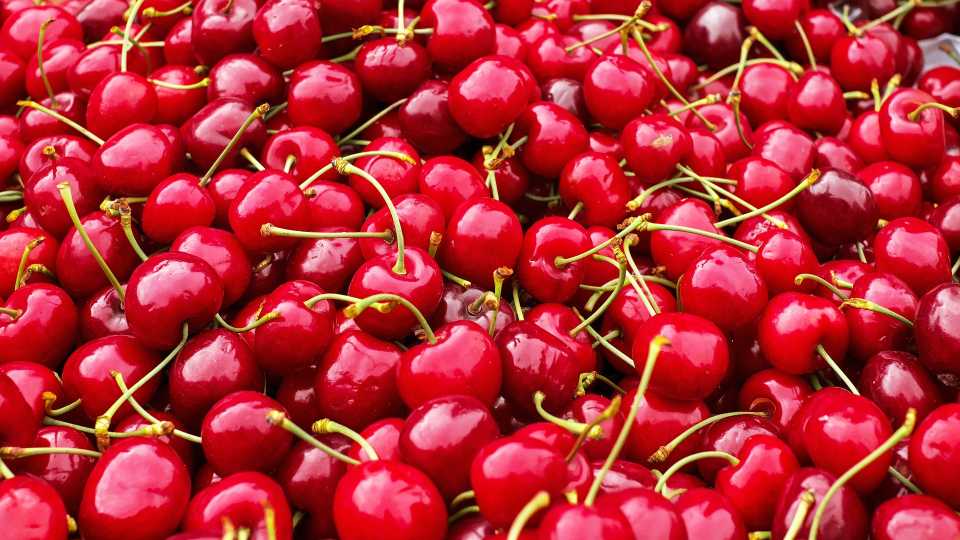
2019 "Dirty Dozen" ranking: #8
-
16 of 27
8. Asparagus (Clean)
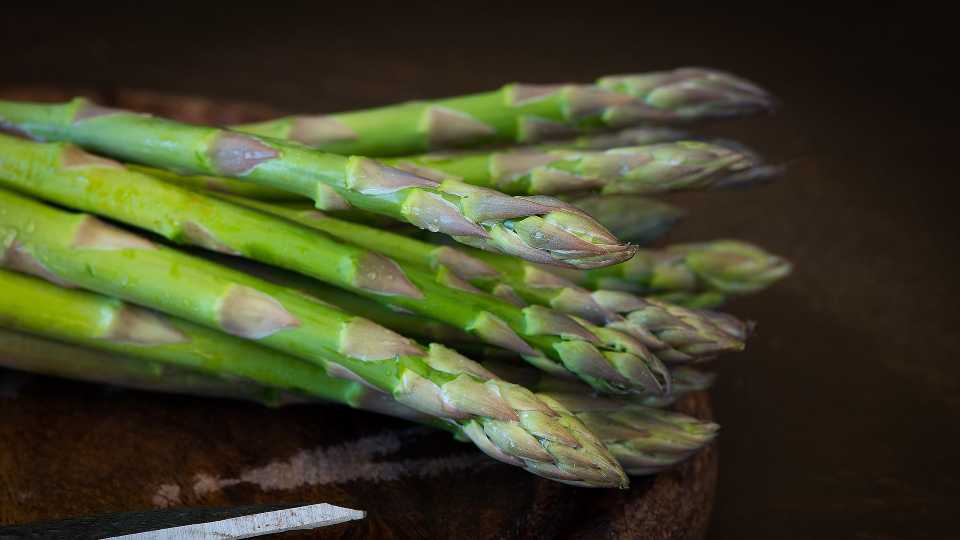
-
17 of 27
9. Pears (Dirty)

2019 "Dirty Dozen" ranking: #9
-
18 of 27
9. Cauliflower (Clean)
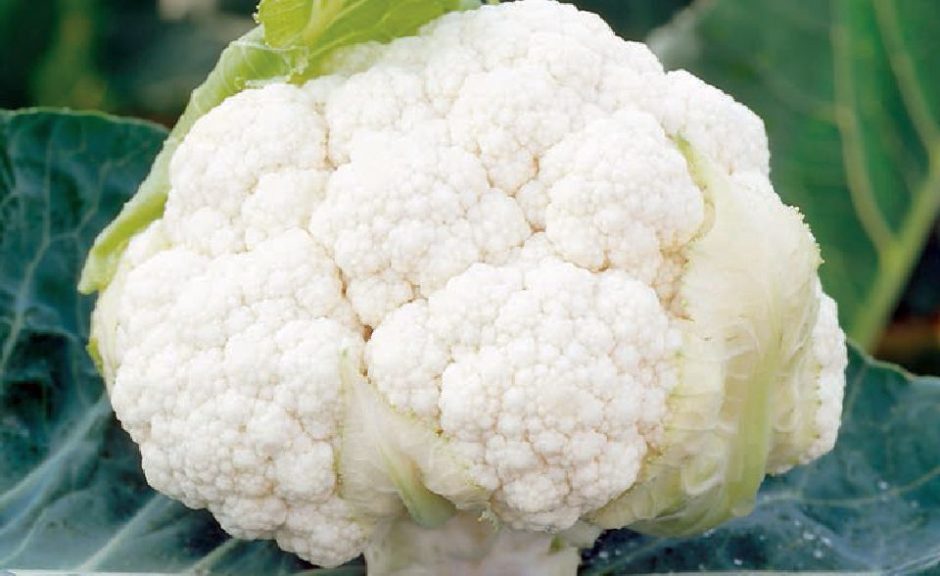
-
19 of 27
10. Tomatoes (Dirty)
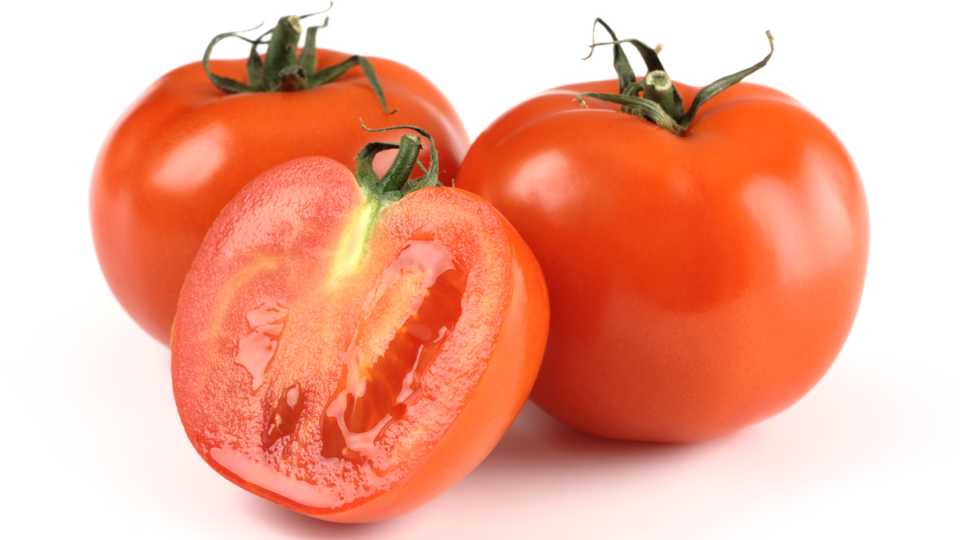
2019 "Dirty Dozen" ranking: #10
-
20 of 27
10. Cantaloupe (Clean)
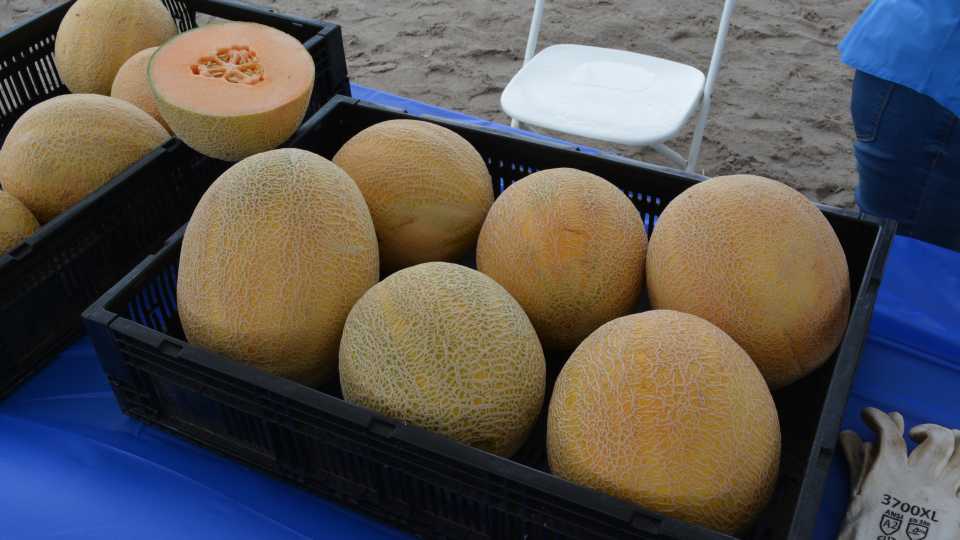
-
21 of 27
11. Celery (Dirty)
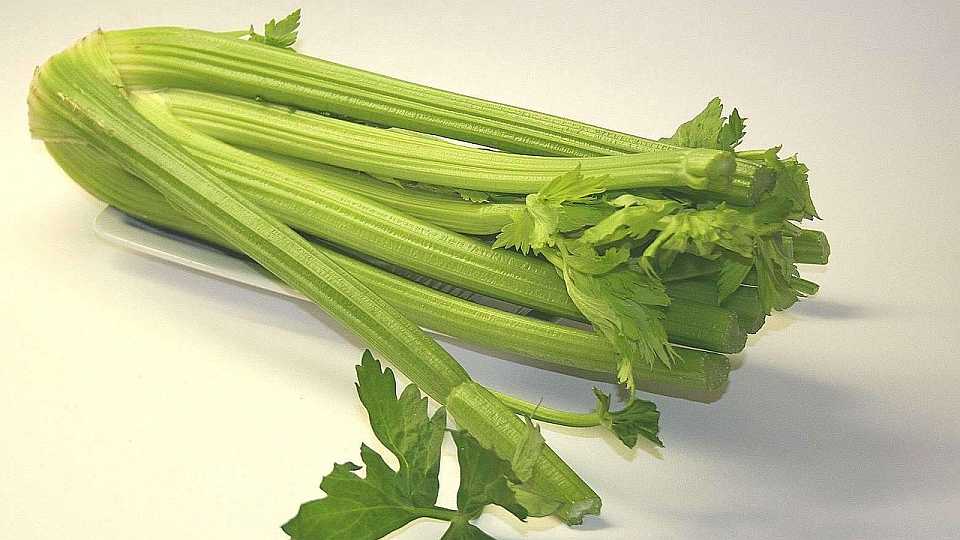
2019 "Dirty Dozen" ranking: #11
-
22 of 27
11. Broccoli (Clean)
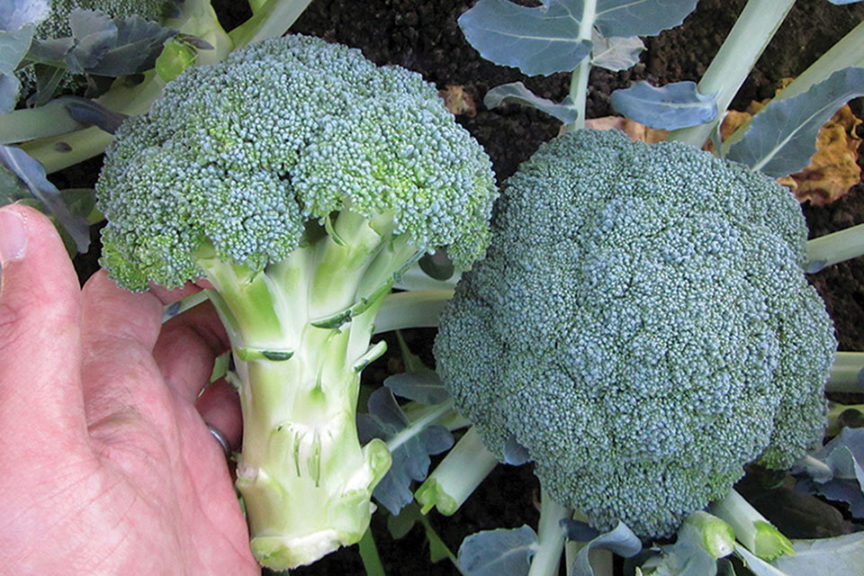
-
23 of 27
12. Potatoes (Dirty)

2019 "Dirty Dozen" ranking: #12
-
24 of 27
12. Mushrooms (Clean)
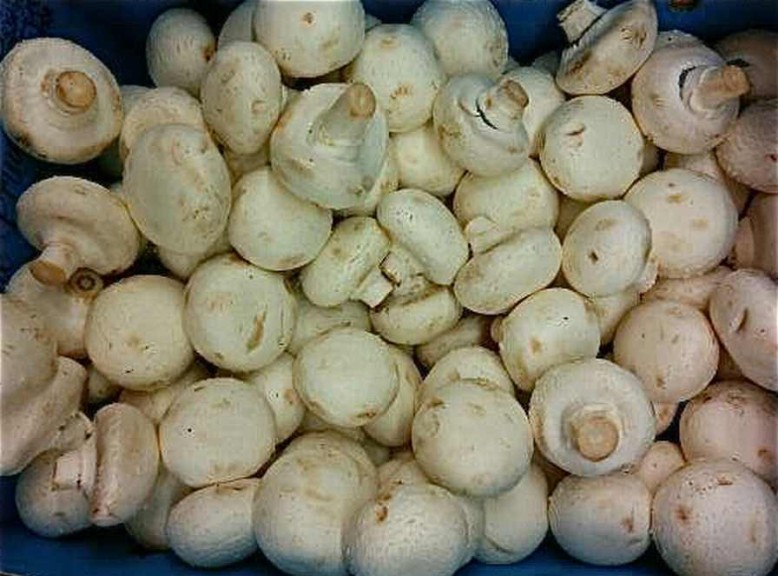
-
25 of 27
13. Cabbage (Clean)
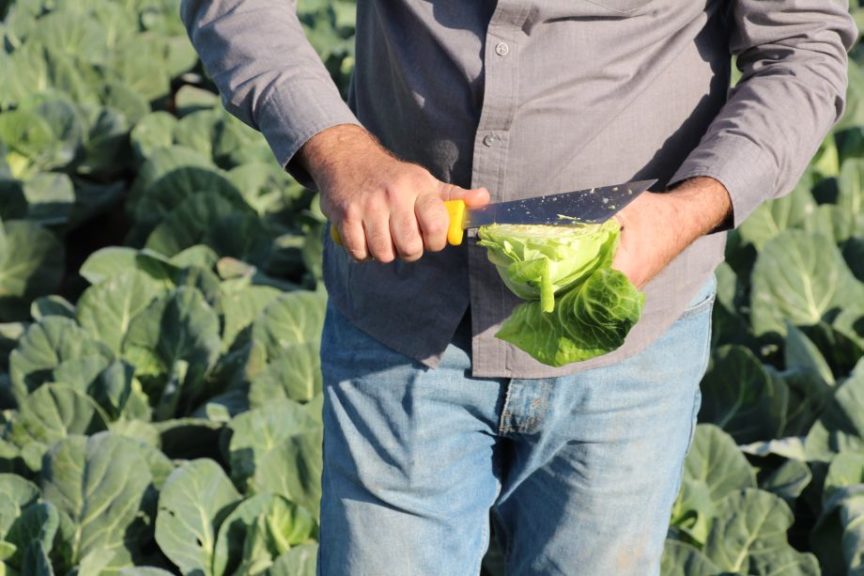
-
26 of 27
14. Honeydew Melon (Clean)
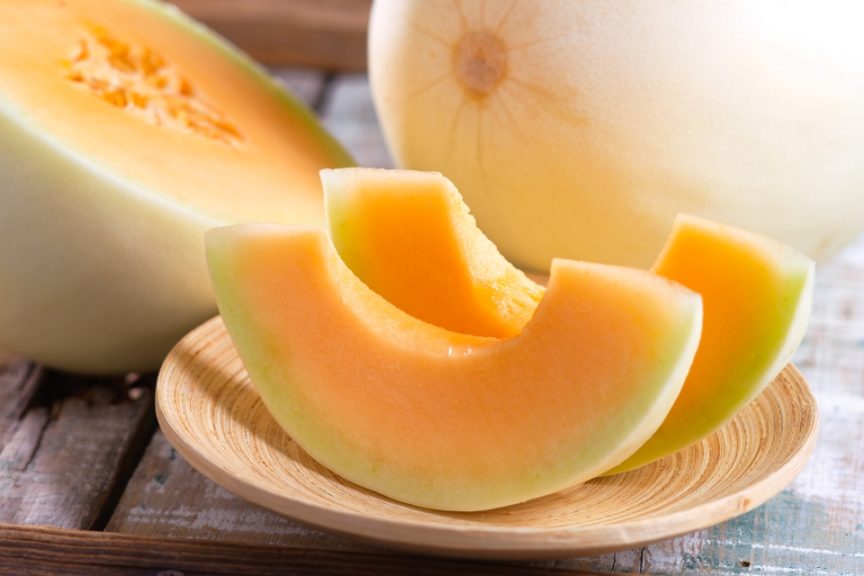
-
27 of 27
15. Kiwi (Clean)
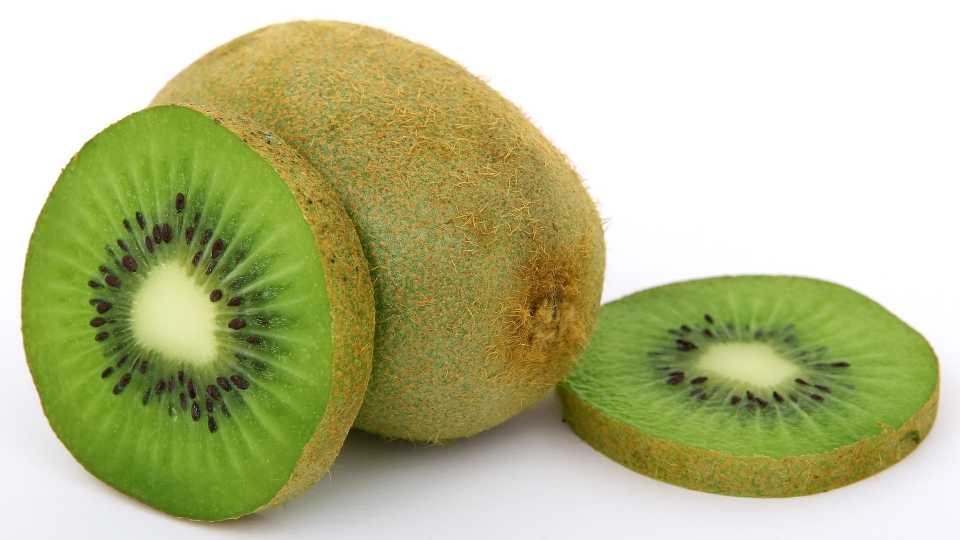
View all
1. Strawberries (Dirty)
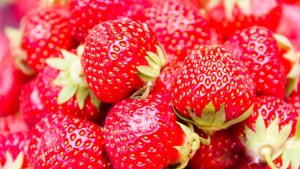
1. Avocado (Clean)
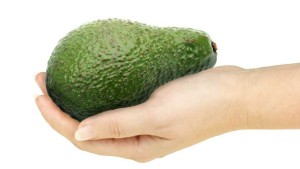
2. Spinach (Dirty)
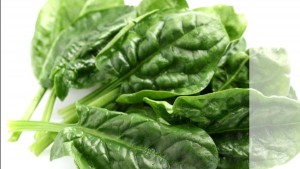
2. Sweet Corn (Clean)
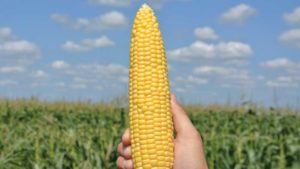
3. Kale (Dirty)
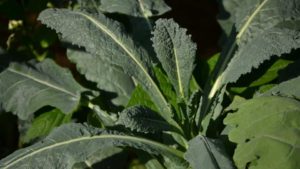
3. Pineapple (Clean)
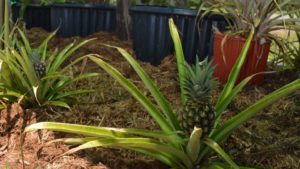
4. Nectarines (Dirty)
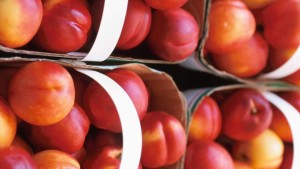
4. Onions (Clean)
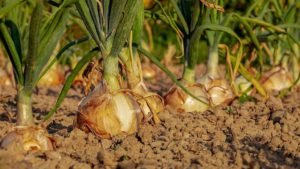
5. Apples (Dirty)
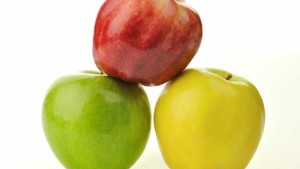
5. Papaya (Clean)

6. Grapes (Dirty)
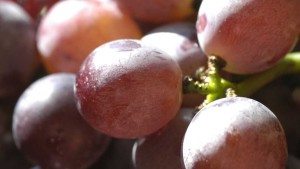
6. Sweet Frozen Peas (Clean)

7. Peaches (Dirty)
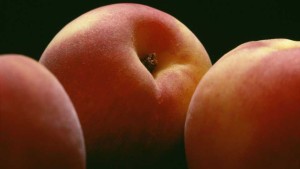
7. Eggplant (Clean)
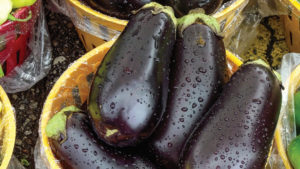
8. Cherries (Dirty)
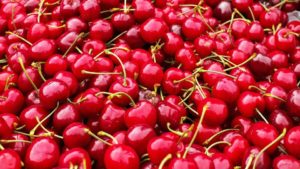
8. Asparagus (Clean)

9. Pears (Dirty)
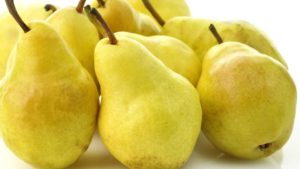
9. Cauliflower (Clean)
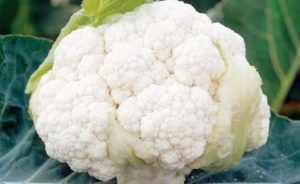
10. Tomatoes (Dirty)
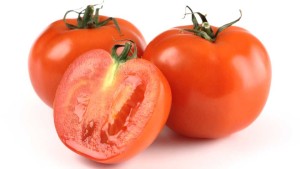
10. Cantaloupe (Clean)
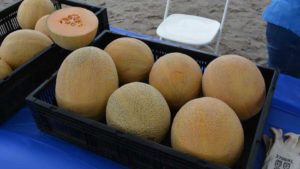
11. Celery (Dirty)
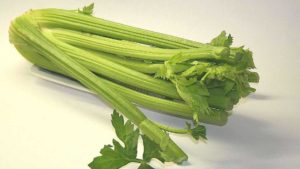
11. Broccoli (Clean)
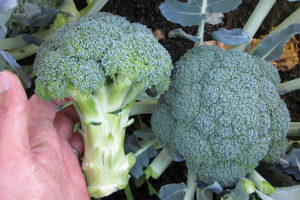
12. Potatoes (Dirty)
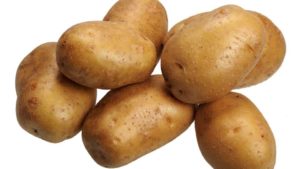
12. Mushrooms (Clean)
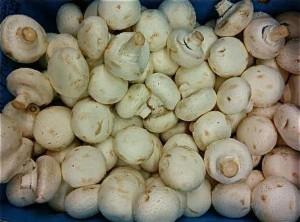
13. Cabbage (Clean)
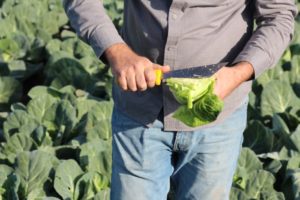
14. Honeydew Melon (Clean)
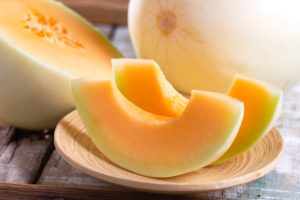
15. Kiwi (Clean)

Amid the current turmoil, the EWG delivered its 2020 version of the “Dirty Dozen” list as well as the “Clean Fifteen” (produce that tested low in concentrations of pesticide residues).
Along with the lists comes a special note from the EWG about the importance of fruit and vegetable consumption, especially during the COVID-19 crisis. A portion of the message reads as follows: “As all Americans struggle to adapt to the reality of daily life during the coronavirus pandemic, it is important to know that there is no evidence people can be exposed through food. The spread pattern for coronavirus is quite different from those of foodborne pathogens like salmonella and E.coli. That is why, even though the risks of COVID-19 are serious, consumers should continue eating plenty of healthy fruits and vegetables, whether they are conventional or organic.”
The unifying message is refreshing. However, also in the report’s highlights is the following passage: “The Alliance for Food and Farming, the agribusiness front group that regularly attacks EWG’s Shopper’s Guide, has already used the coronavirus outbreak to play on fears about safety in its latest attempt to keep consumers in the dark about pesticide residues on foods.”
The Alliance for Food and Farming has since issued a statement that focuses on the potential negative impact on fruit and vegetable consumption caused by the “Dirty Dozen,” plus the fact that the list has been repeatedly discredited by the scientific community and peer-reviewed studies.
“Why continue to perpetuate misinformation and create another barrier to consumption, when you’ve been shown the negative impact it has on consumers,” says Teresa Thorne, Executive Director of the Alliance for Food and Farming (AFF) in the statement released by the association. “With only 1 in 10 Americans eating enough fruits and vegetables each day, we should be promoting consumption to enhance immune function and prevent illness, not discouraging it by inaccurately disparaging popular and safe produce.”
According to the EWG, 70% of the fresh produce sold in the U.S. contains residues of potentially harmful chemical pesticides. For this year, the group reports the “dirtiest” produce commodity is not actually a fresh fruit or vegetable, but a dried one – raisins. “If we included raisins in our calculations, they would be No.1 on the ‘Dirty Dozen,’” says EWG Toxicologist Thomas Galligan, Ph.D.
Scan the photo gallery above to review EWG’s 2020 “Dirty Dozen” and “Clean Fifteen” lists in order.
Like this article? Click the “Applause” icon and leave a reader comment on this continued hot topic.
Subscribe Today For

Paul Rusnak is the Senior Online Editor for Meister Media Worldwide's Specialty Crops Division, which consists of American Vegetable Grower, American Fruit Grower, and Greenhouse Grower magazines, all Meister Media brands. He is based in Northeast Florida. See all author stories here.












